By: Dr. W. Scott West, Medical Director, Nashville NeuroCare Therapy
Mental health is an integral part of our overall well-being. Though struggling with mental health might not be as outwardly obvious as healing a broken arm or fighting off a virus, it’s just as real and valid. A staggering 10-17% of our male population will live with depression at some point in their life. And, while men overall are statistically less likely than women to experience this illness, men are almost four times as likely to commit suicide, and nearly 70% of all suicides in 2019 were committed by white men. This is partially because men tend to choose more lethal suicidal methods than women but also because they show fewer warning signs.
Both men and women experience depression, and some signs of depression in both men and women include:
- Sadness and despondency
- Feeling hopeless
- Change in sleep— either too much or too little
- Feeling tired
- Loss of interest in / lack of pleasure from favorite activities
Despite its prevalence, depression in men can often go overlooked for a variety of reasons. Depression can manifest differently in men, so if someone is simply looking out for “sadness,” they might miss other warning signs in men, such as:
- Weight loss
- Escapist behaviors
- Agitation and irritability
- Aggression
- Obsessive-compulsive tendencies
- Substance abuse
- Risk-taking behaviors
In our culture, men are socialized to stay quiet about their feelings and don’t always feel safe or secure enough to vocalize their needs. Therefore, men are more likely to downplay and dismiss their symptoms as something that will pass and mask them to avoid appearing weak or incompetent. This kind of silence can be dangerous. Nobody deserves to suffer alone with their pain. There is help, and there is hope.
If you feel depressed or a man you love is demonstrating signs of depression, the best thing you can do is talk to a doctor. Both primary care physicians and mental health professionals are great places to start. Reaching out can be the most challenging part, but enlisting the help of a professional makes a big difference in finding relief from depression.
There are multiple different paths for treatment, including cognitive-behavioral therapy (aka “talk therapy”) and antidepressant medication. Often, these treatments are used together. However, medication doesn’t work with every person’s brain chemistry. If medication fails to improve symptoms or side effects are debilitating, there are alternative treatment methods available.
One of the safest, most effective ways of treating depression is one you might not have heard of: TMS Therapy. Especially if medication hasn’t been working for you, TMS Therapy is the American Psychiatric Association’s (APA) recommended alternate treatment method.
At Nashville NeuroCare Therapy, TMS Therapy is our specialty for treating major depression. In depressed brains, the centers that control mood regulation aren’t as active as in neurotypical brains. Transcranial Magnetic Stimulation (TMS) therapy uses magnetic-pulse technology to wake up these centers in your brain and strengthen or build new neural networks. This offers real, lasting relief from depression in as little as six weeks. And, the best part is that TMS Therapy is a 100% medication-free treatment that is proven safe and effective with zero drug-like side effects.
TMS Therapy is worth exploring if you or someone you love has struggled to find an effective depression treatment path. Contact our office to set up a free TMS Therapy screening today.


